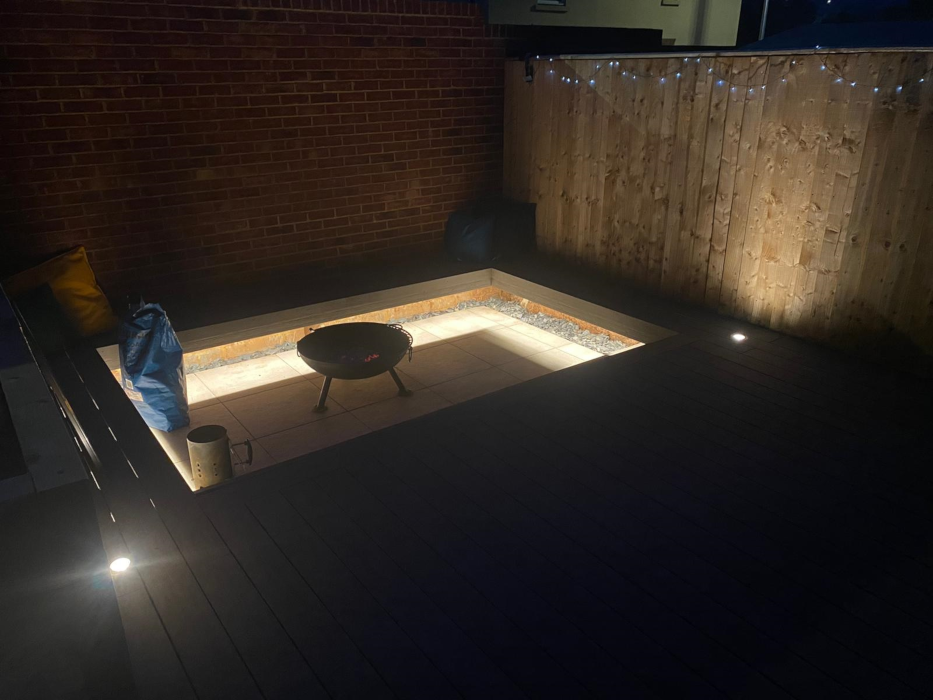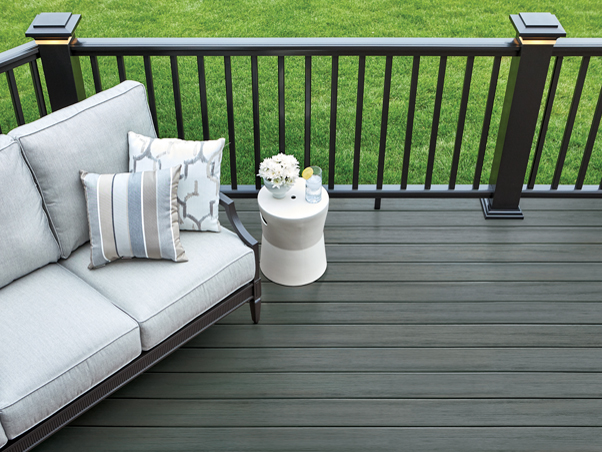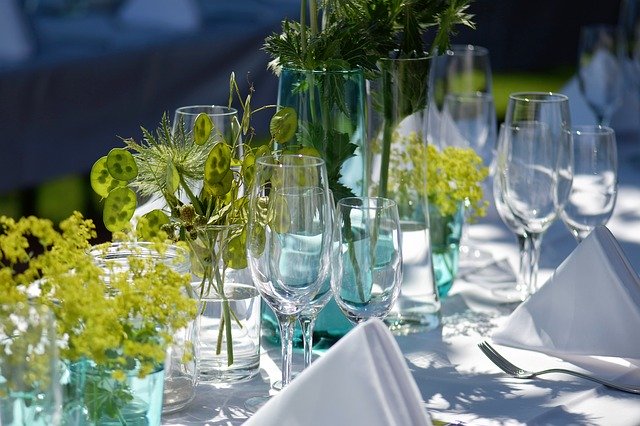Looking after a timber deck can be really hard work. When neglected, timber decking quickly starts to deteriorate, discolour and even rot. Eventually, you'll look outside and wish you'd taken better care of it, but without completely replacing the deck, there's very little you can do to salvage it. Here are a few things you should look out for that indicate when it's time to have your timber deck replaced:
- Significant damage to the deck boards
- Deck boards that are bowing
- Cracks and splinters in one or more board
- Obvious discolouration (either from sun fade or weathering)
- Rusty or missing hardware
If you spot one or more of these problems on your timber deck, then we'd highly recommend considering a replacement deck. Of course, if you want to avoid ending up in this position again, you should consider a more durable, long-lasting option like composite decking. Unlike timber decking, composite decking is designed with a hardy polymer sleeve. This sleeve keeps moisture out of the boards, prevents rot and preserves the colour and finish of the deck boards for up to 30 years!
More...

We've got a great little decking project to share with you today. A local homeowner wanted to get more use out of their garden, and they decided that our low-maintenance deck boards would help them to achieve this.
More...

Here in the UK, it can be blazing sunshine one minute and freezing frost the next. As such, the features you have in your garden need to be able to withstand the constantly changing conditions!
The problem with real wood
The reason why real wood is known for being terrible at coping with changing weather conditions is that it absorbs so much water!
Unless you commit to keeping your real wood decking properly sealed (which takes a lot of work, annually) then you can guarantee that it will take on water and suffer the consequences sooner or later. Once the wooden boards have taken on water, they are susceptible to damage from significant temperature rises and drops.
If the water inside the deck boards freezes, it expands - causing the boards to splinter and crack. In unusually warm temperatures residual moisture in the boards evaporates quickly causing the boards to contract.
More...

Lockdown has been challenging for people up and down the country, but now, we are in a transitionary phase where restrictions are easing. With that in mind, more and more people are heading into their gardens to see their loved ones. The conditions are perfect, sunshine, fresh air and plenty of space to maintain social distancing.
But how many people can you have in your garden at once? Can you get the whole family round? Well, the guidelines differ depending on where you are in the UK. The restrictions in England look slightly different from those in Scotland and Wales for example.
More...
If you're looking to add a new deck to your outdoor space, one of the questions you're most likely to ask is "how long will the colour last?" or "will the colour fade?" With some deck boards costing in the thousands, this is a perfectly reasonable thing to ask, as the last thing you'd want is to spend a lot of money on a deck that will begin to look aged and tired after only a few years.
Well, with the rise in popularity of composite decking over the last couple of decades and traditional wood decking known to fade, a lot of people are now asking "does composite decking fade?" The experts at DeckPlus are here to let you know!
.jpg)
More...